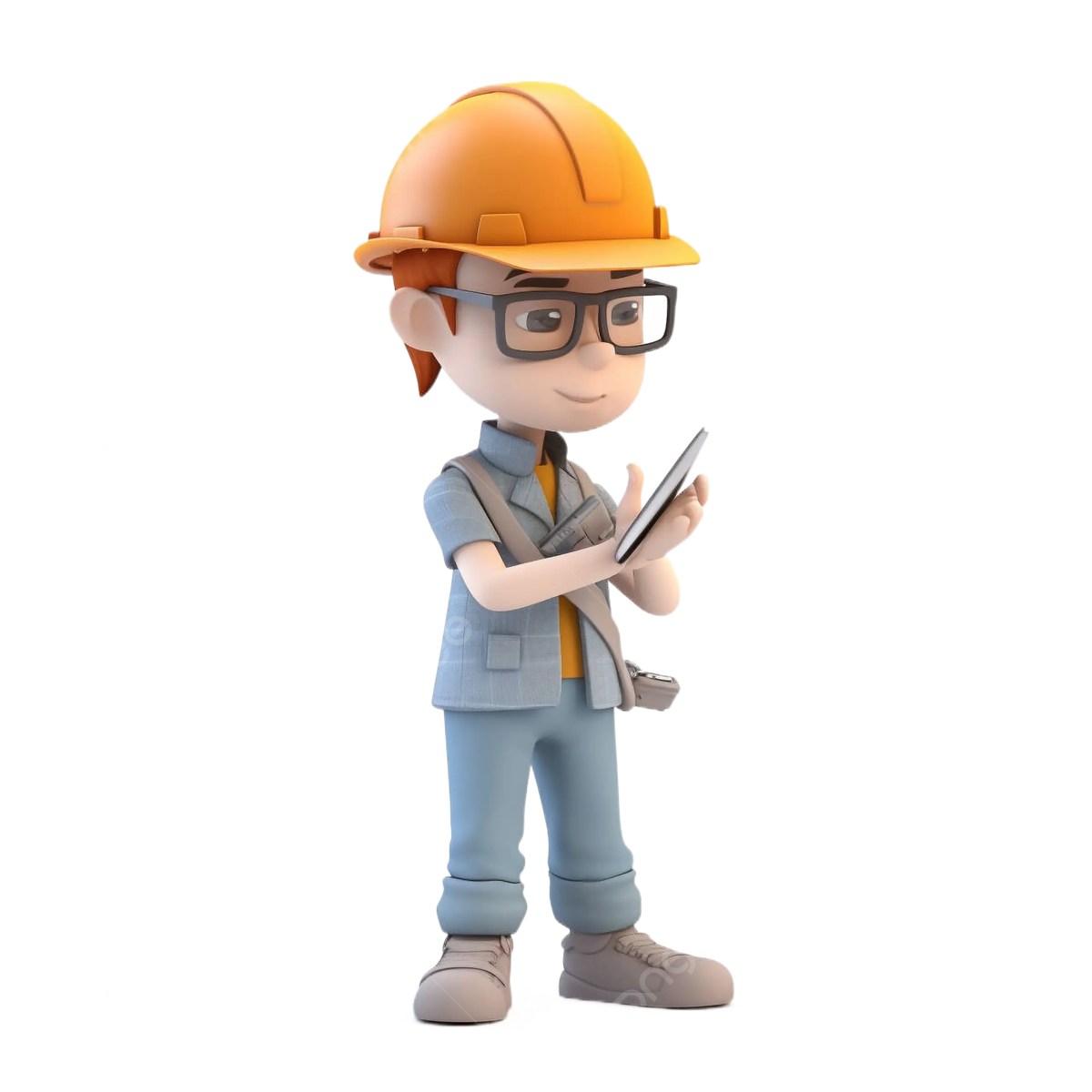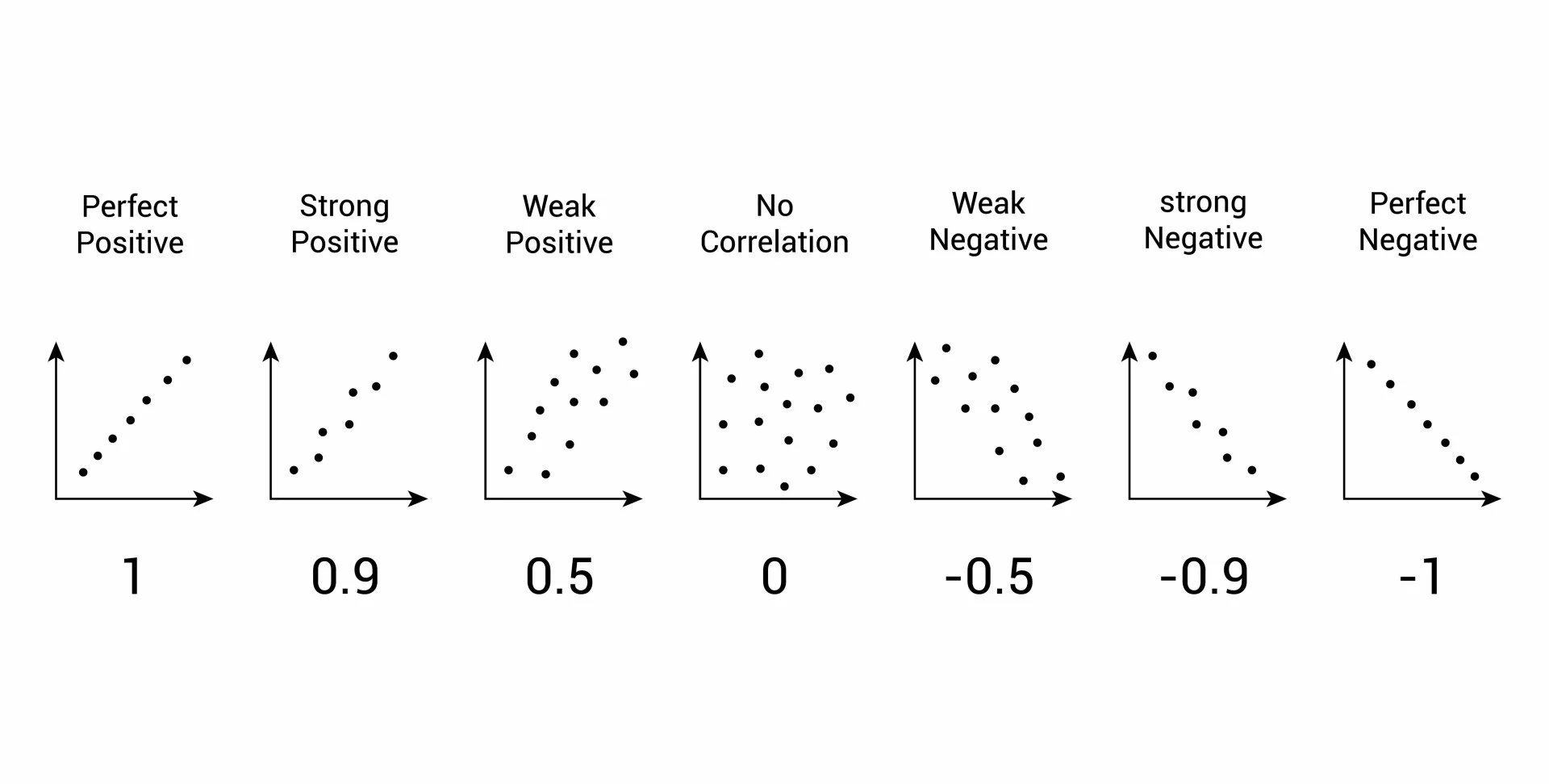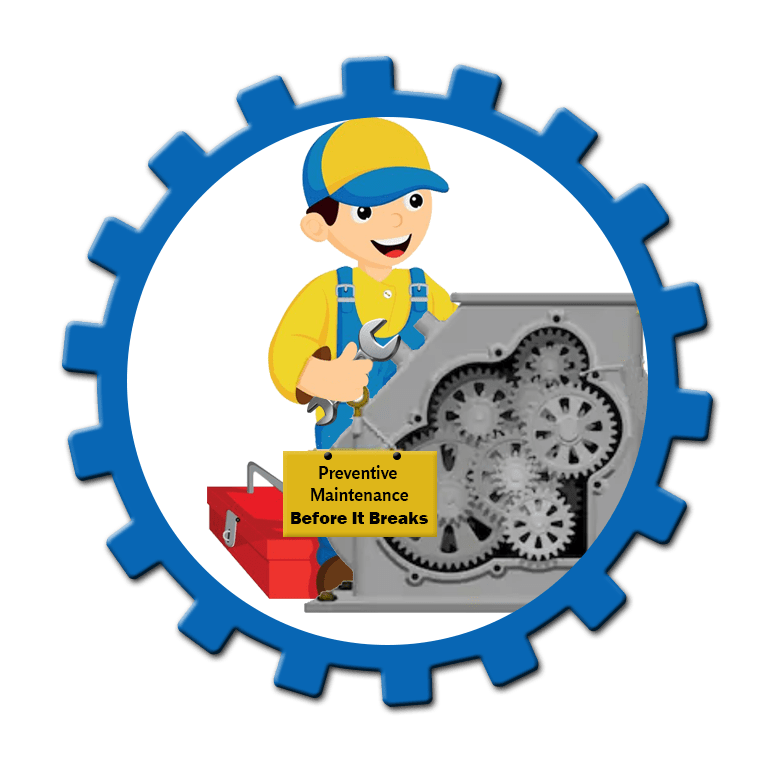Inspirational journeys
Follow the stories of academics and their research expeditions
Mastering the Role of a Maintenance Engineer: Key Responsibilities and Qualifications

A maintenance engineer is responsible for the installation, maintenance, and repair of various types of equipment, particularly in industrial settings. Their job description typically includes:
- Installation and commissioning: They may be involved in the installation of new equipment at a client's site and oversee the process to ensure it is done correctly.
- Routine maintenance: Maintenance engineers perform regular checks and maintenance on equipment to prevent breakdowns and ensure optimal performance.
- Troubleshooting: They diagnose and repair any issues that arise with the equipment, often on-site.
- Equipment removal: They may be required to remove old or faulty equipment and replace it with new machines.
- Training: They may provide technical support and train staff on the operation and maintenance of new equipment.
- Safety and performance: They adhere to all safety and performance regulations and ensure that equipment is operating safely and efficiently.
- Maintenance process audits: They may oversee and conduct audits to ensure that maintenance processes are effective and efficient.
- Planning and forecasting: They may be involved in strategic planning for system overhauls and upgrades, taking into account long-term maintenance costs.
- Supervision: They may supervise other engineering and technical staff and oversee maintenance teams.
- Procuring and testing: They may be responsible for procuring, testing, and commissioning specialist components, fixtures, or fittings.
The requirements for a maintenance engineer typically include:
- A bachelor's degree in mechanical or electrical engineering.
- Proven work experience as a maintenance engineer.
- Knowledge of EPA and OSHA guidelines.
- Advanced knowledge of mechanical, electrical, plumbing, and heating systems.
- Ability to read system schematics.
- Advanced troubleshooting skills.
- Understanding of safety and equipment procedures.
- Good communication and training skills.
- Ability to work with heavy equipment.
The job can involve travel to client locations for equipment inspections, and maintenance engineers may work outside of regular business hours, including weekends and holidays, to address equipment issues and ensure minimal downtime
0 Comments




Leave a comment